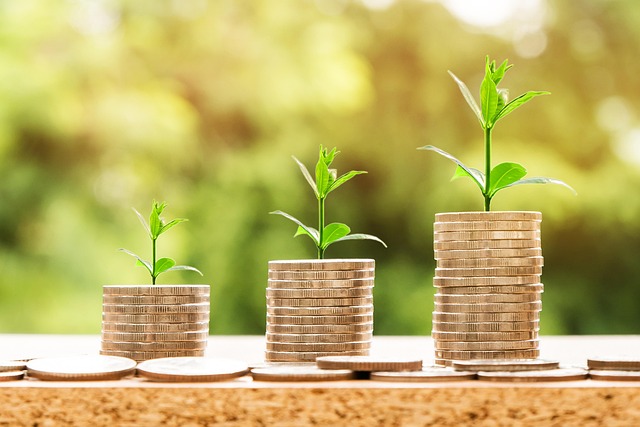The concept of a green economic transition is becoming increasingly relevant as society seeks sustainable solutions to combat climate change and environmental degradation. As individuals, businesses, and governments navigate this transition, it is crucial to adopt a new form of technology etiquette that prioritizes sustainability and social responsibility.
Technology etiquette in a green economy involves understanding how our digital habits impact the environment. For example, the energy consumption of data centers is significant, contributing to high carbon emissions. Individuals should be mindful of their digital footprint, including minimizing unnecessary emails, which not only clutter our inboxes but also require energy to store and transmit. Social media and data usage patterns also play a role; opting for less bandwidth-intensive platforms or reducing streaming quality can collectively have a positive impact.
Moreover, as we embrace sustainable practices, social trends begin to emerge, highlighting a shift in collective consciousness towards eco-friendliness. People are increasingly prioritizing brands that show commitment to sustainability. Businesses are leveraging this trend by adopting greener practices, such as using recycled materials or investing in renewable energy sources. As consumers grow more environmentally conscious, they are more likely to support companies that align with their values, promoting the green economic transition in the marketplace.
Another vital aspect of this transition is the concept of sharing and collaboration within communities. Platforms that foster the sharing of resources—like tool libraries or car-sharing services—are shifting social norms to emphasize sustainability. This change not only reduces consumption but also builds stronger community ties, showcasing how technology can facilitate a more collaborative approach to sustainability.
Additionally, in the realm of remote work, the pandemic has ushered in a change that can align with green economic objectives. With less commuting, many companies and employees have recognized the reduction in carbon emissions associated with traditional office settings. This trend could pave the way for more flexible work arrangements that prioritize both employee well-being and environmental sustainability.
Education and awareness also play pivotal roles in the green economic transition. As technology progresses, online platforms have the power to disseminate vital information about sustainability practices and innovations. Knowledge-sharing through webinars and social media campaigns can galvanize communities to adopt greener habits, thereby creating a ripple effect in society.
As we collectively navigate this green economic transition, our responsibilities as digital citizens become more pronounced. Every action, whether offline or online, contributes to a larger narrative about sustainability. By integrating mindful technology usage into our daily lives and supporting social trends that advocate for eco-friendly practices, we can participate actively in building a sustainable future.




